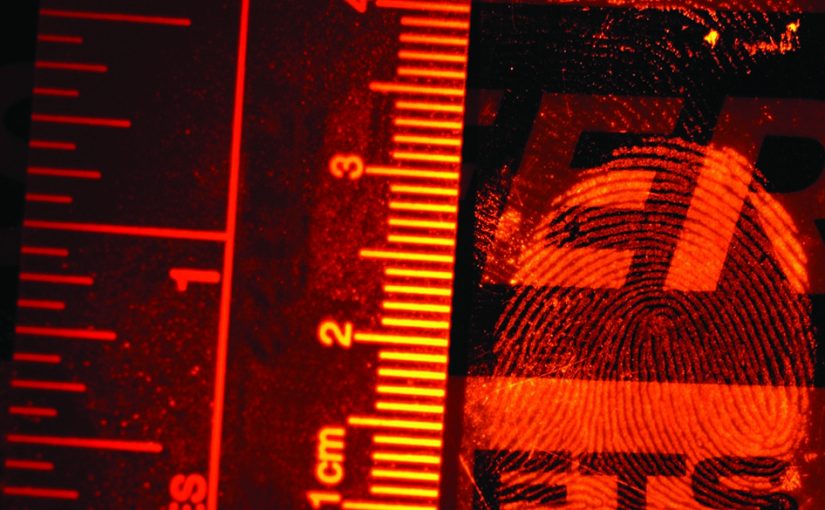Share
Since all policing authority in the United States is derived from the U.S. Constitution, specifically the Bill of Rights, to ignore, circumvent, or abuse these limitations of authority is to betray th...

Share
The fair and impartial policing (FIP) perspective–based on the modern science of bias—is consistent with the profession’s current emphasis on evidence-based policing, whereby policies and practi...
Share
On December 15, 2014, the U.S. Supreme Court decided Heien v. North Carolina, holding that a law enforcement officer’s reasonable mistake of law does not invalidate the search of a vehicle and the s...

Share
Among the most challenging events law enforcement officers must manage are those involving death. While some level of distance can be achieved between a victim’s death and the officer’s personal l...
Share
Lying, deception, and the omission of truth (when duty dictates), all fall under a “willingness to deceive” in police character policies. A character policy specifically addresses the ethical chal...
Share
The concept of Ethical Defensibility provides all sworn personnel with the philosophical tools and analytical skills necessary to weigh value-based alternatives, resulting in the repetitive acts neede...
Share
The concept of Ethical Defensibility provides all sworn personnel with the philosophical tools and analytical skills necessary to weigh value-based alternatives, resulting in the repetitive acts neede...

Share
A veteran homicide detective shared these sentiments recently after a training session and it gave pause in the post-training debriefing. The authors eventually had to acknowledge that in order to be ...



